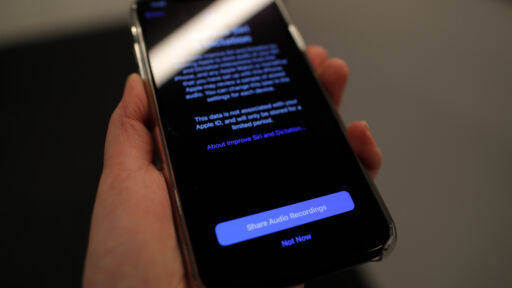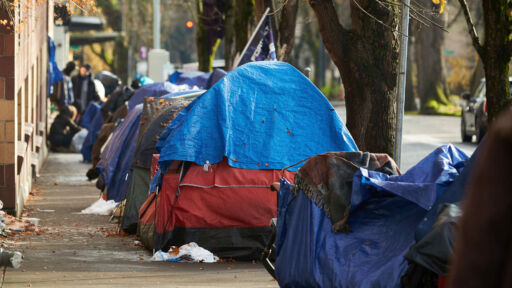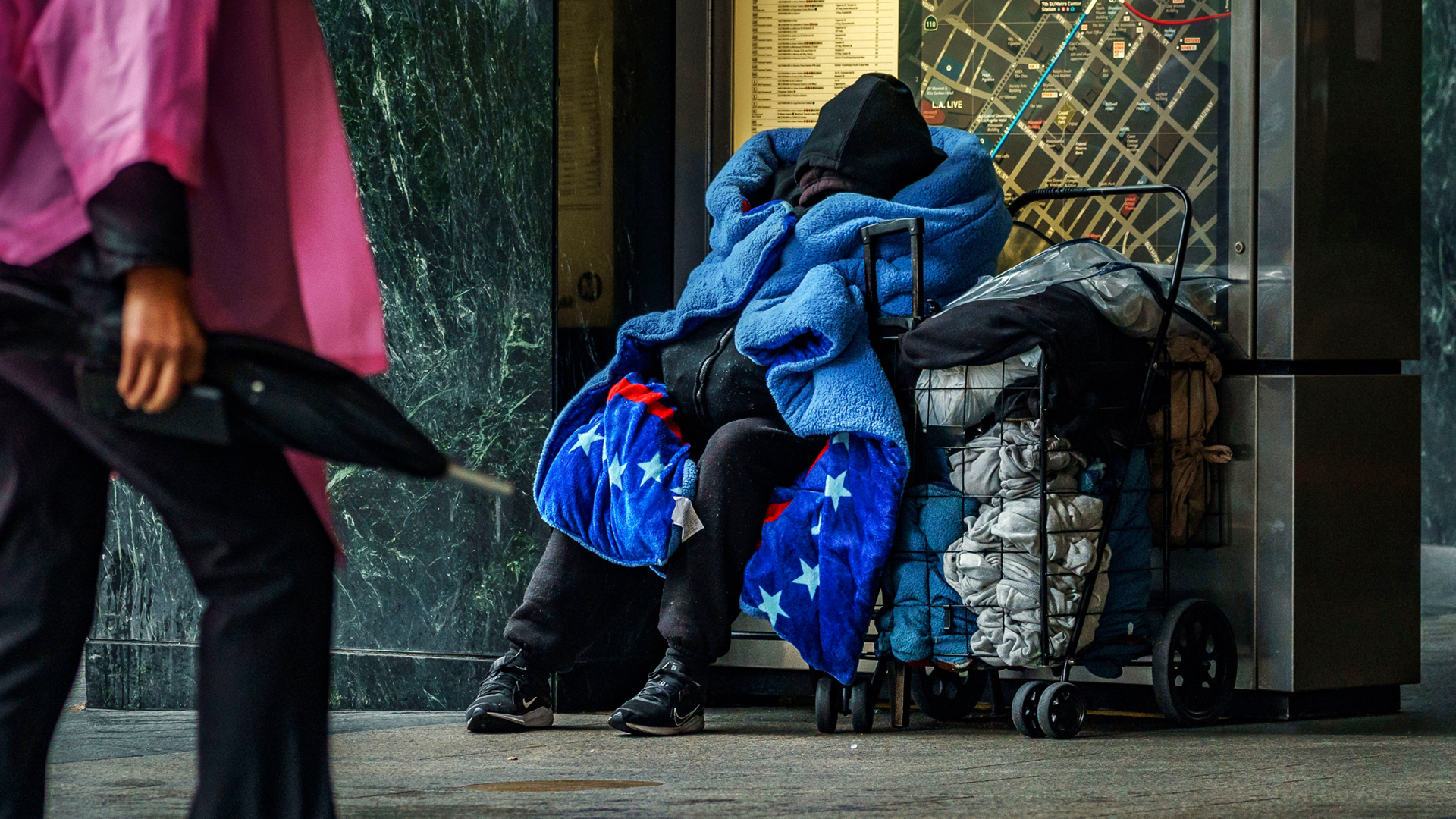People who have recently experienced a mental health crisis may soon have access to transitional housing in three counties as an alternative to waiting in emergency rooms for care.
Known as crisis diversion homes, these transitional units are expected to serve five adults who have a serious mental illness for up to 30 days, according to the state Department of Human Services. It is expected that 240 people will be served each year in the three homes.
The Center for Family Services, a state nonprofit, received more than $1.2 million in state and federal funding to open a crisis diversion home in Warren County, while treatment services at the nonprofit legacy received more than $2.4 million to purchase homes in Mercer and Gloucester counties.
These housing units pushed by state and nonprofit leaders are part of efforts New Jersey is making to ease the burden on hospital emergency departments trying to deal with acute psychiatric emergencies.
The expansion of a crisis system and fill all the gaps in this system is [not] It will only serve the two states, but the outcomes will be much better for people who need those services, said Mary Abrams, senior health policy analyst for the Association of State Mental Health and Addiction Agencies.
Nationwide, an average of 774,508 adults visited hospital emergency departments for mental health-related problems each year from 2018 to 2020. This represented 12.3% of all emergency department visits made by adults, according to a March 2023 report from the centers. for disease control and prevention.
Part of the dilemma with many of the people who have experienced these crises is homelessness or very unstable housing, said Dr. Frank Ghinassi, president and CEO of Rutgers Health University Behavioral Health Care.
A place to call home
All the best treatment planning in the world, whether it’s their medication, supportive counseling or case management, is very difficult to deliver if a person doesn’t know where they’re going to sleep that night or where they’re going to have their next meal, Ghinassi said. , who also serves as a senior. vice president of behavioral health and addictions service line at RWJ Barnabas Health.

Response teams will assist those who do not pose a threat to themselves or others
The homes, which will operate 24 hours a day, seven days a week, are intended to prioritize referrals from receiving crisis stabilization centers and the 988 mobile crisis response teams, according to state officials. The stabilization centers, once built, will be walk-in clinics where police officers or emergency personnel can drop off people who are going through a crisis.
The majority of people receiving services at these crisis referral homes will be referred by the crisis stabilization centers, once built, and the 988 mobile crisis teams.
Mobile 988 teams are currently being developed and are intended to work with existing 988 Suicide and Crisis Lifeline call centres. Once in place, the teams will respond to non-life-threatening mental health and substance abuse calls without police officers or other emergency personnel, when deemed safe to do so. The teams are expected to be up and running by June, according to Valerie Mielke, deputy commissioner of the state Division of Mental Health and Addiction Services.
Immediate aid
The yet-to-be-built Crisis Intake Stabilization Centers would serve adults who need immediate in-person intervention and stabilization for a behavioral health crisis, according to a request for proposals issued by the state. These centers aim to be alternatives to traditional crisis services by diverting people from emergency services and hospital treatment. In addition, they would aim to function like a hospital emergency room that accepts people who walk in from the street, along with people who are dropped off by police officers and firefighters, according to the proposal. The centers also aim to reduce police encounters, arrests, incarcerations and 911 calls.

Total funding for the centers is more than $37 million, according to the request for proposals. Three of the centers will be in Morris, Bergen and Essex counties. In addition, one center will be located in Middlesex County or Monmouth County and one in Camden County. Based on the experience of such programs in other states, New Jersey anticipates that the majority of individuals receiving these services will be homeless or have co-occurring psychiatric and medical conditions.
Part of the problem is that we just don’t have an alternative place to go when they leave here, said Lewis Nelson, who is chairman of emergency medicine at Rutgers New Jersey Medical School in Newark. Any way we can ease the pressure on the system would be great.
NIMBY problems
Meanwhile, Legacy Treatment Services is still looking for homes to buy in Mercer and Gloucester counties, according to Christine Kirkbride, the nonprofit’s interim executive director. Health professionals working in those homes would include an advanced practice nurse and behavioral health technicians, among other staff members, he said.
Anytime you do a housing program, we have to be very careful about where we put the houses in the community, Kirkbride said. Many neighborhoods tend to have NIMBY issues and do not want residential programs in their neighborhoods.
Services available at the housing units will include clinical assessments, case management, benefits assistance, temporary housing, symptom and medication management and counseling, according to the news release.
getting them [people with behavioral health issues who are struggling with housing] Somewhere where they are safe, secure and have staff to support them and link them to the right resources is a great first step in getting them stabilized for the long haul, Kirkbride said.
According to Mielke, crisis diversion houses are a voluntary program and adults must be willing and interested in participating to be served there. People won’t commit, Mielke said.

The court will rule on whether homeless people can be fined or jailed for camping on public property even if they have no other viable accommodation option.
#Alternative #emergency #rooms #homeless #mentally #ill #Spotlight #News
Image Source : www.njspotlightnews.org
